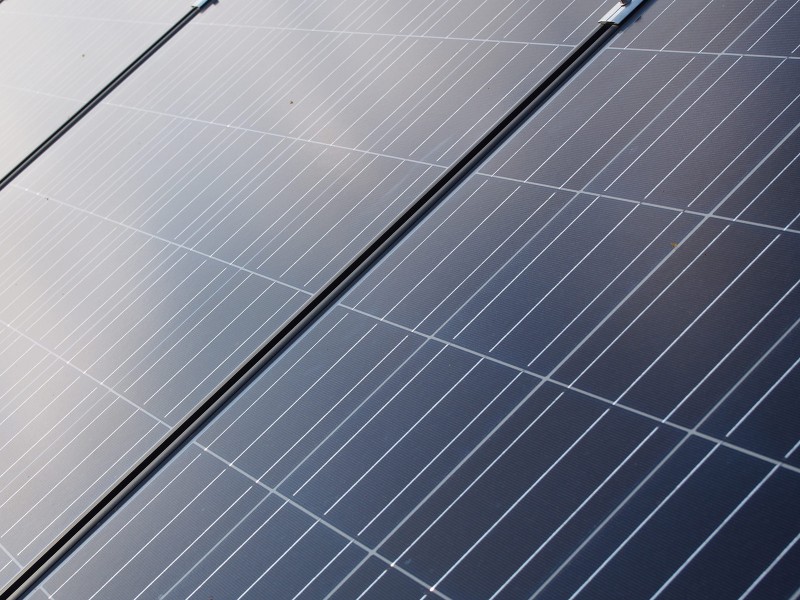The government have today announced plans to revise renewable energy subsidies for solar power. Citing reasons of cost and the ambition to reduce energy bills for the, “hard working British families and businesses,” as well as, “meeting climate goals,” the government’s Rt Hon Amber Rudd, MP, said:
“My priorities are clear. We need to keep bills as low as possible for hardworking families and businesses while reducing our emissions in the most cost-effective way.
Our support has driven down the cost of renewable energy significantly. As costs continue to fall it becomes easier for parts of the renewables industry to survive without subsidies. We’re taking action to protect consumers, whilst protecting existing investment.”
The intention therefore is to allow renewable energy to be built without support, despite the government offering support to other forms of energy production, including nuclear power.
Today’s announced measures include:
- Removing the guaranteed level of subsidy for biomass conversions and co-firing projects for the duration of the Renewable Obligation, known as grandfathering.
- Launching a consultation on controlling subsidies for solar PV of 5MW and below under the Renewables Obligation (RO). This includes consulting on early closure and removing the guaranteed level of subsidy for the duration of the RO, known as grandfathering.
- A consultation on changes to the preliminary accreditation rules under the Feed-in Tariff (FIT) scheme followed by a wider review of the scheme to drive significant further savings.
Financial support for renewable technologies primarily comes in the form of subsidies which are paid for via energy bills. The total amount of subsidies available is capped via a mechanism called the Levy Control Framework (LCF). The effect is that those with solar panel roof installations who receive the feed-in-tariff are paid for by other people’s energy bills. In the vast majority of cases, these returns were offset by the initial purchase price of the panels themselves, with early adopters paying several thousand pounds to install a solar system. The biggest issue with the feed-in-tariff is that solar owners are paid for both the electricity generated and used. The result in certain cases is some solar owners are paid handsomely for producing energy, despite the grid not actually benefiting from that energy.
However, the Office for Budget Responsibility’s latest projections show that subsidies raised from bills are currently set to be higher than expected when the schemes under the LCF were set up. This is due to a number of uncontrollable factors such as lower wholesale electricity prices, higher than expected uptake of the demand-led Feed in Tariffs and the Renewables Obligation (such as solar panels on roofs) and a faster than expected advancement in the efficiency of the technology, meaning renewables are projected to generate more electricity than previously projected.
Disappointingly, the government has taken the action to indirectly discourage renewable solar energy and biomass conversions to instead promote other, less clean means of energy supply that have been proven to be less efficient and more polluting.
Juliet Davenport, Chief Executive of Wiltshire-based renewable electricity company Good Energy, who own six solar farms in the UK and support over 90,000 people who generate electricity at home using small-scale solar, said:
“Ending support for solar power makes no sense at all. On one hand the government says it wants to keep household energy bills down by removing support for clean solar power, yet on the other promises massive subsidies to nuclear.
The energy market currently has a wide range of subsidies and tax allowances in place, across all the technologies – renewables, nuclear and gas – and not all of these are transparent when it comes to the consumer.
We’d like to see the government looking at all forms of support, not just renewables, and creating a more transparent and fair regime across the whole market.
Our research shows that solar reduces wholesale prices by displacing high cost gas fired power generation during the day – the government is taking a one-sided approach by not taking this into account.
Solar power met 15% of UK’s energy demand on the afternoon of Friday 3 July. With continued support from the Government over the next 5 years, solar would soon be one of the cheapest forms of electricity generation.
Killing support for solar means that schools, farms, homes and indeed whole communities will find it much tougher to generate their own clean, local electricity and will be reliant on the same old-fashioned utility companies that they should be moving away from.
We’re also worried about the knock-on effect this could have on innovation in the battery storage market, which is led by solar. Stifling support could bring an end to a truly game-changing technology which would enable households to store their own electricity.”
Sources:

